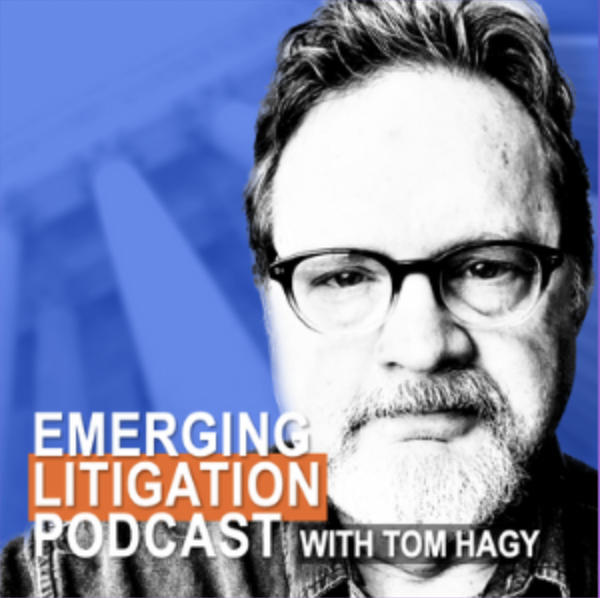California’s climate disclosure laws withstand initial US Chamber of Commerce challenge
By Justin Ward
California’s climate disclosure laws have survived a major legal hurdle, signaling a strong push toward corporate transparency in environmental impact reporting.
California laws requiring large companies to disclose greenhouse emissions survived a legal challenge from the US Chamber of Commerce when a federal judge rejected two of the Chamber’s core legal claims in early February.
While the court did not dismiss the lawsuit altogether, Judge Otis Wright narrowed the scope significantly, tossing out the Chamber’s claim that the law violated the Constitution’s Supremacy Clause and its extraterritoriality argument that the unduly burdened interstate commerce outside of California’s jurisdiction.
Governor Gavin Newsom signed amended versions of the Climate Corporate Data Accountability Act (SB 253) and Climate-Related Financial Risk Act (SB 261) into law in October 2023. SB 253 requires companies with over $1 billion in annual revenue to conduct detailed emissions assessments, including their supply chain, and disclose that information in annual reports. Similarly, SB 261 mandates that companies with revenue over $500 million compile information about climate-related risks.
After the bill was signed, the US Chamber of Commerce and other business associations filed a complaint in the California Central District Court challenging the law’s constitutionality. They argued that the laws would “compel thousands of businesses to make costly, burdensome, and politically fraught statements” that would “stigmatize those companies and shape their behavior.”
The plaintiffs also contended that the laws represented a “defacto regulatory scheme” that usurped federal authority and imposed state law on business entities outside of California’s jurisdiction. Judge Wright found these arguments unconvincing.
First, the court found that these claims were not sufficiently ripe for consideration, as they apply to rules that have not been written or enacted. The California Air Resources Board (CARB), tasked with developing the regulations under SB 253 and SB 261, has not imposed any regulations. Amendments to the laws pushed back the rulemaking deadlines to 2026.
Even if the claims were ripe, Wright argued that the legislation does not regulate emissions and, therefore, would not be preempted by federal laws like the Clean Air Act: “It imposes no liability for failure to reduce emissions; only for failure to disclose climate-related financial risk and the measures adopted to reduce such risk.”
The court also found that the US Chamber of Commerce failed to offer any evidence showing that the law would be discriminatory against other states or overly burdensome to interstate commerce.
With the supremacy and extraterritoriality claims dismissed, the last remaining cause of action is the Chamber’s allegation that the disclosure requirements constitute “compelled speech” in violation of the First Amendment.
The Chamber of Commerce alleged that the laws would “compel companies to publicly express a speculative, noncommercial, controversial, and politically-charged message that they otherwise would not express” to “shame those companies into reducing their emissions” and “facilitate public-pressure campaigns to coerce companies into reducing their emissions of greenhouse gases.”
The court found that the laws regulate speech and allowed the case to proceed on those grounds but dismissed the extraterritoriality claim without prejudice, meaning the plaintiff’s lawyers may amend their complaint to show plausible evidence that they burden interstate commerce. The supremacy claim was dismissed with prejudice.


